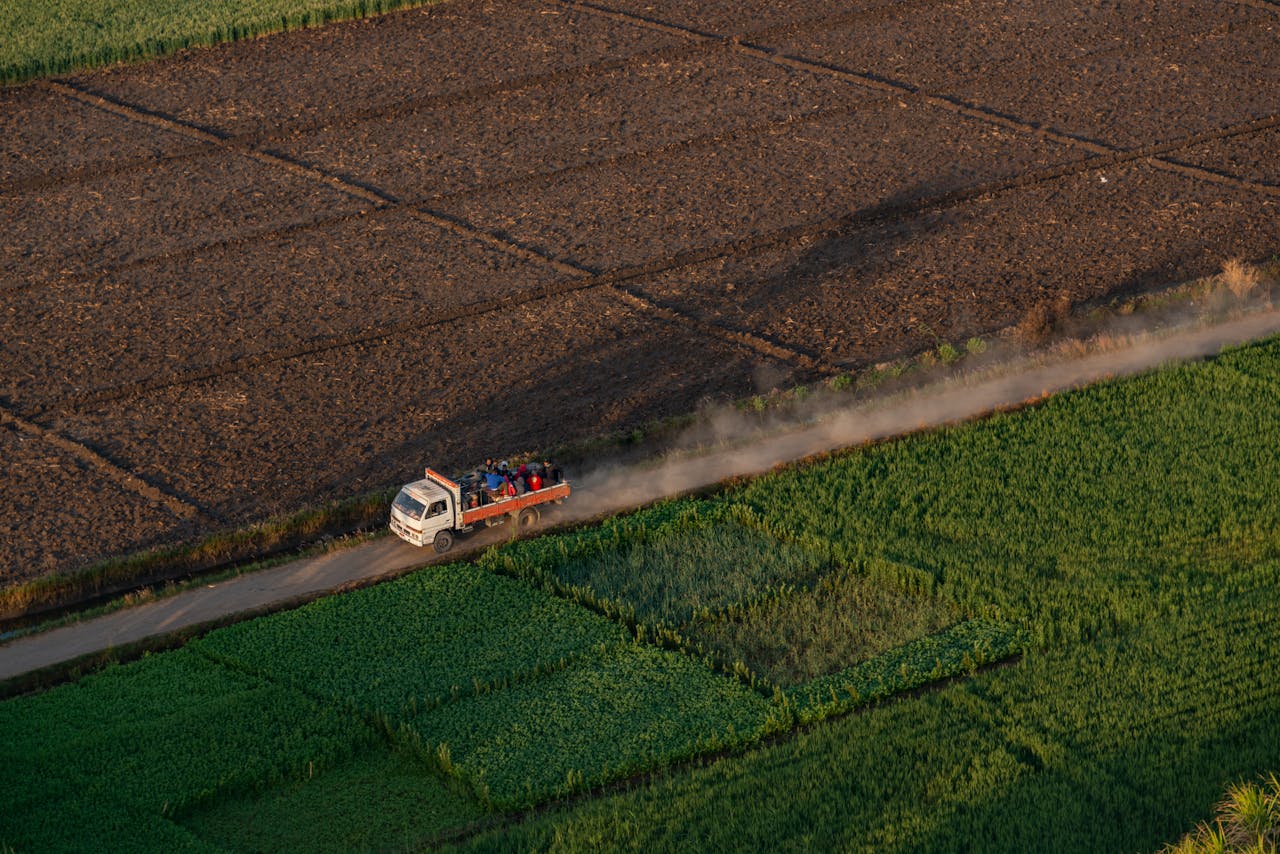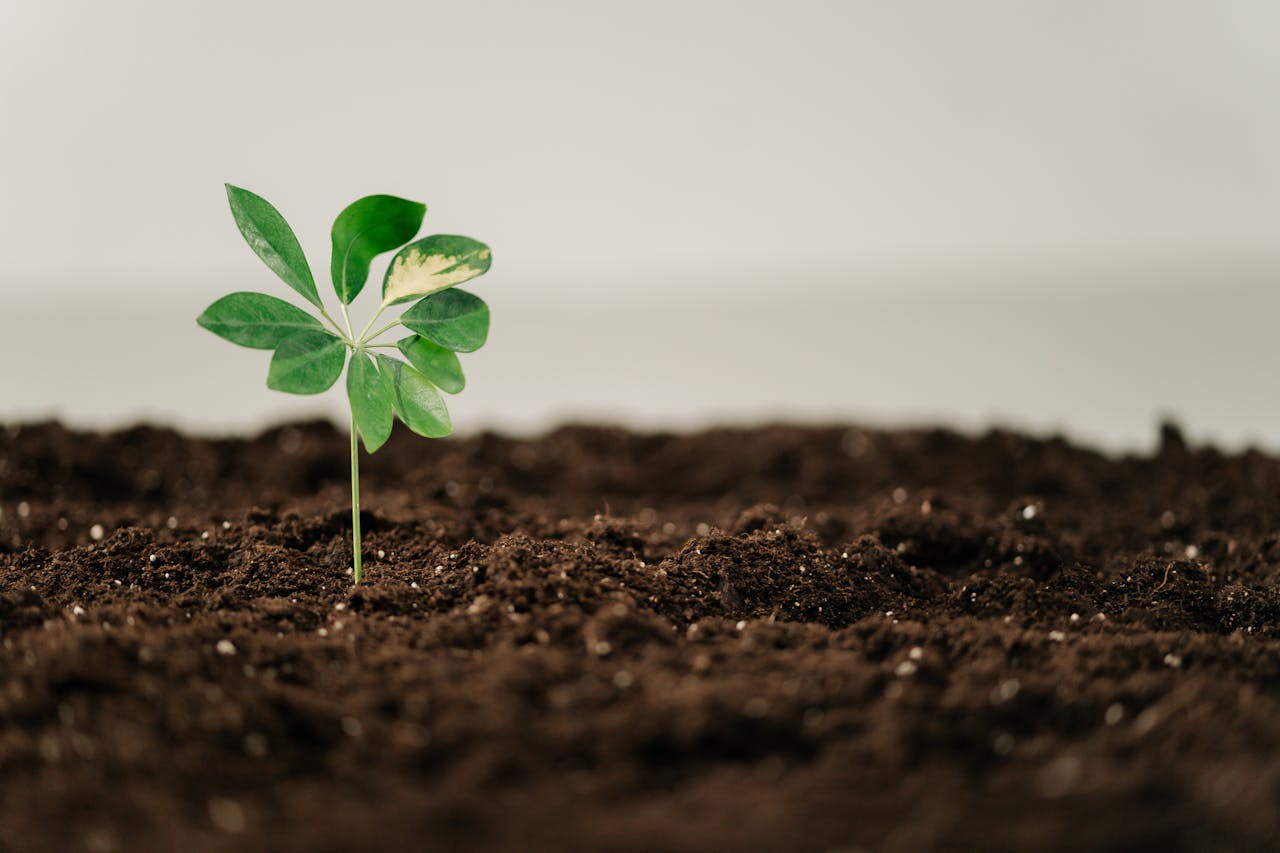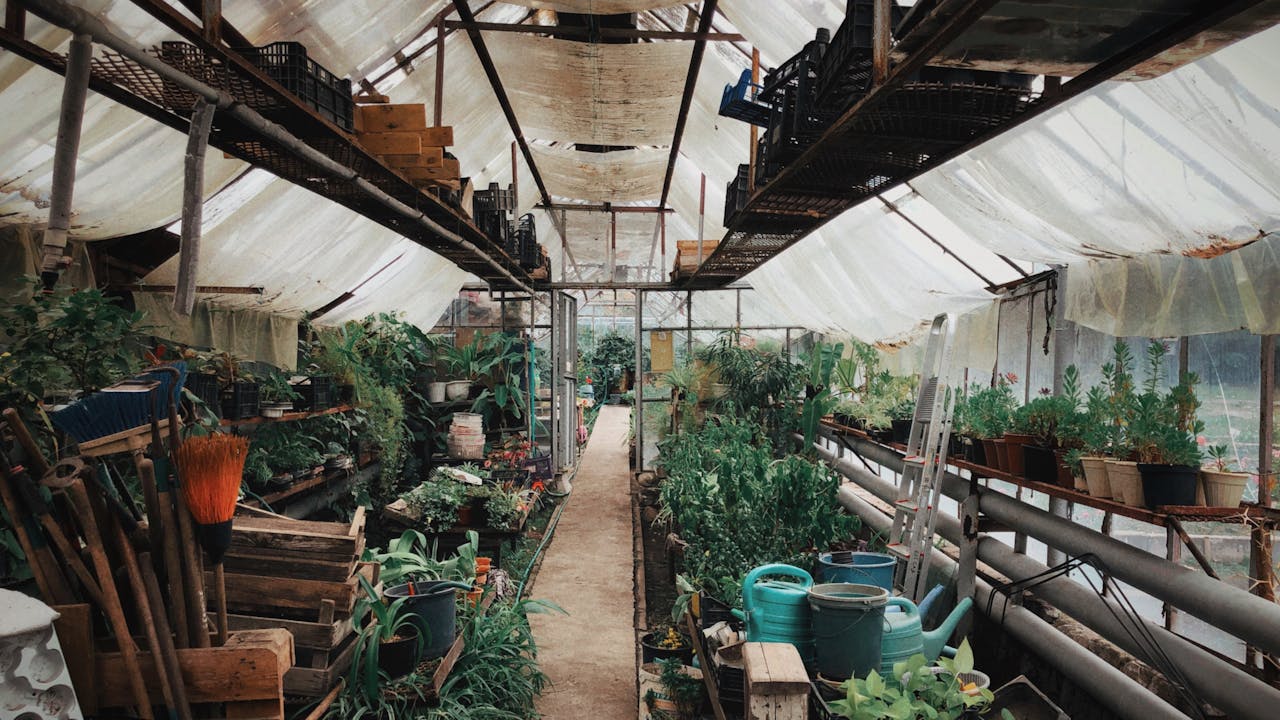The journey to cultivating healthy, high-yield crops starts with understanding the soil and its needs. In today’s agriculture, fertilizers and pesticides play an essential role in enhancing crop health, productivity, and resilience. But what exactly do these tools do for farmers, and why are they vital in our food supply chain? Whether you’re a farmer, gardener, or simply curious about how food grows, join us as we dive into the powerful impact of fertilizers and pesticides.
Fertilizers: Feeding the Soil, Fueling the Plants
Fertilizers are, quite simply, the nutrients that replenish the soil. They replace essential minerals that crops need to grow, thrive, and yield nutritious produce. While traditional farming relied on natural composts, modern fertilizers are formulated to deliver a balanced mix of nitrogen, phosphorus, potassium, and other trace elements crucial for plant health.
- Types of Fertilizers: From organic compost to synthetic options, fertilizers come in various forms, each with unique benefits and use cases. Organic fertilizers are slow-releasing and environmentally friendly, while synthetic fertilizers offer precision and consistency.
- How Fertilizers Boost Growth: Plants absorb these nutrients to build strong roots, leaves, and fruits. Nitrogen promotes leafy growth, phosphorus aids in root development, and potassium enhances disease resistance and overall health.
- Application Tips: Knowing how and when to apply fertilizers is key. For example, applying nitrogen during early growth stages or using potassium during fruiting stages maximizes plant benefits.
By using fertilizers wisely, farmers can prevent nutrient deficiencies that hinder crop development, helping ensure healthier yields and sustainable farming practices.
Pesticides: Protecting Crops from Pests and Diseases
Pesticides, on the other hand, safeguard crops from harmful insects, fungi, and weeds that threaten their survival. With changing climate patterns, pest control has become more crucial than ever. Effective use of pesticides can mean the difference between a robust harvest and a field devastated by infestation.
- Types of Pesticides: Pesticides are often grouped into categories like insecticides, fungicides, and herbicides, each targeting specific threats. By understanding their purpose, farmers can select products that align with their crop protection needs.
- Integrated Pest Management (IPM): IPM combines different strategies – biological controls, organic options, and minimal chemical use – to manage pests effectively. IPM minimizes pesticide dependency while ensuring that crops stay safe from severe infestations.
- Application Strategies: Timing and precision are critical when applying pesticides. Overuse can harm beneficial insects and pollinators, so responsible application is essential for eco-friendly farming.
Pesticides, when used judiciously, form a protective shield, preventing yield losses and reducing the spread of crop diseases, ultimately supporting food security.
The Balance of Fertilizers and Pesticides in Sustainable Farming
Sustainable agriculture is about balancing productivity with environmental care. Fertilizers and pesticides, when applied with awareness and expertise, enhance soil health and crop safety without disrupting the ecosystem. Techniques like crop rotation, organic fertilizers, and eco-friendly pest control methods are examples of sustainable farming practices.
Closing Thoughts: Growing Responsibly, Feeding the Future
The careful use of fertilizers and pesticides allows us to meet the demands of a growing population while keeping our soil and environment healthy. As agricultural science continues to advance, so do our methods for growing food responsibly. By staying informed and adopting best practices, farmers and gardeners alike can contribute to a sustainable, productive food system.
What are your thoughts on fertilizers and pesticides in agriculture? Do you have insights or practices to share? Drop your comments below and let’s keep the conversation on responsible farming going!


